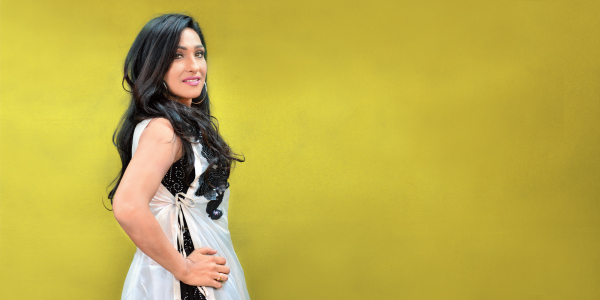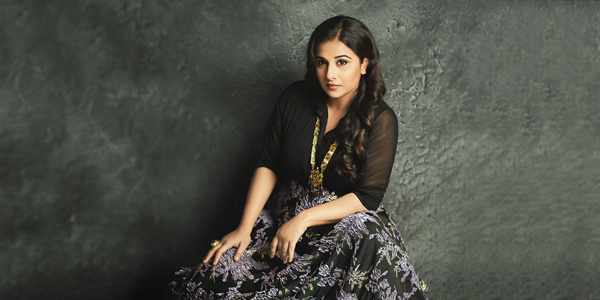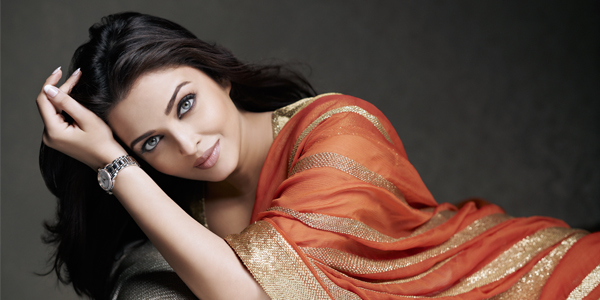Bollywood’s newest comeback queen, who defeated cancer only to return more vivacious and refined! Zen Warrior Manisha Koirala
While Manisha Koirala’s grueling tryst with ovarian cancer hasn’t managed to perturb her smile – what it has managed to overhaul entirely, is what causes it, and all the lengths she will go to protect it. Now, life is about the finer things, and simpler joys.
From a pedigree of freedom fighters from the pre-democracy era in Nepal who later went into political exile, Koirala – who also happens to be the granddaughter of Nepal’s 22nd prime minister Bishweshwar Prasad Koirala – came to be raised in Benaras, and later Delhi.
After doing the Nepali film Pheri Bhetaula in 1989 immediately after her board exams, she looked Bombay-ward. Her mother’s friend introduced her to a lot of key people in the industry, like Shekhar Gupta. “Within ten minutes, he sussed out something special in me, and signed me. Thought the project never happened, it gave me immense confidence. I then met Boney Kapoor, Chintu Ji and many others, and everyone gave me very positive feedback. I felt like this was it,” she recalls.
“I surely had it easy breaking into the circuit, but I slogged my butt off when I entered. There was so much pressure, people would say your diary should be full for three years. So, I struggled to measure up to that. I refused a lot of good films. In fact, I had almost refused Bombay, but Ashok Mehta came and fired me, saying ‘Silly girl, you’re being stupid turning down Mani Ratnam’s film!’” she recounts.
After Saudagar, and a slew of films that failed to stir the box office, she finally fine-tuned her cinematic sensibilities. 1942: A Love Story, she says, was her most challenging project.
A series of commercial successes then graced her cinematic journey, like Agni Sakshi, Indian, Gupt and Kachche Dhaage and of course, her most memorable performances – the daughter of hearing and speech impaired parents in Khamoshi: The Musical, and a terrorist in Dil Se… and eventually, arthouse masterpieces like Tulsi, the Malayalam pyschological drama Elektra, and the anthology I Am.
The conversation now takes a deeply saddening turn, as she recounts what she calls the most challenging period of her life: the year 2012, when she was diagnosed with ovarian cancer. “When it’s the time of death, you tend to reflect – what IS life. If I get my health back, what is there to live for?”
Since then, she says she has become like “Alice in Wonderland.” “I love life, and I am hopping from one adventure to the other. I focus on the now.” She penned down a memoir titled “Healed: How Cancer Gave Me a New Life” and returned to the silver screen after a five-year exile almost as if she’d never left; and delivered three memorable performances, in the form of Dear Maya, Netflix’s Lust Stories and Sanju.







